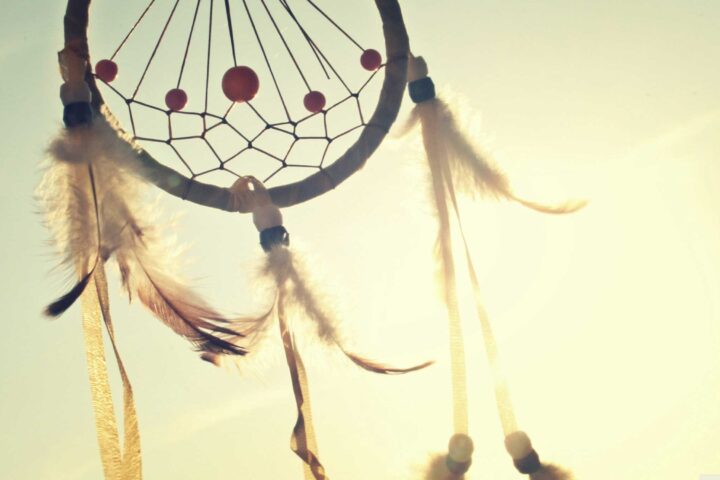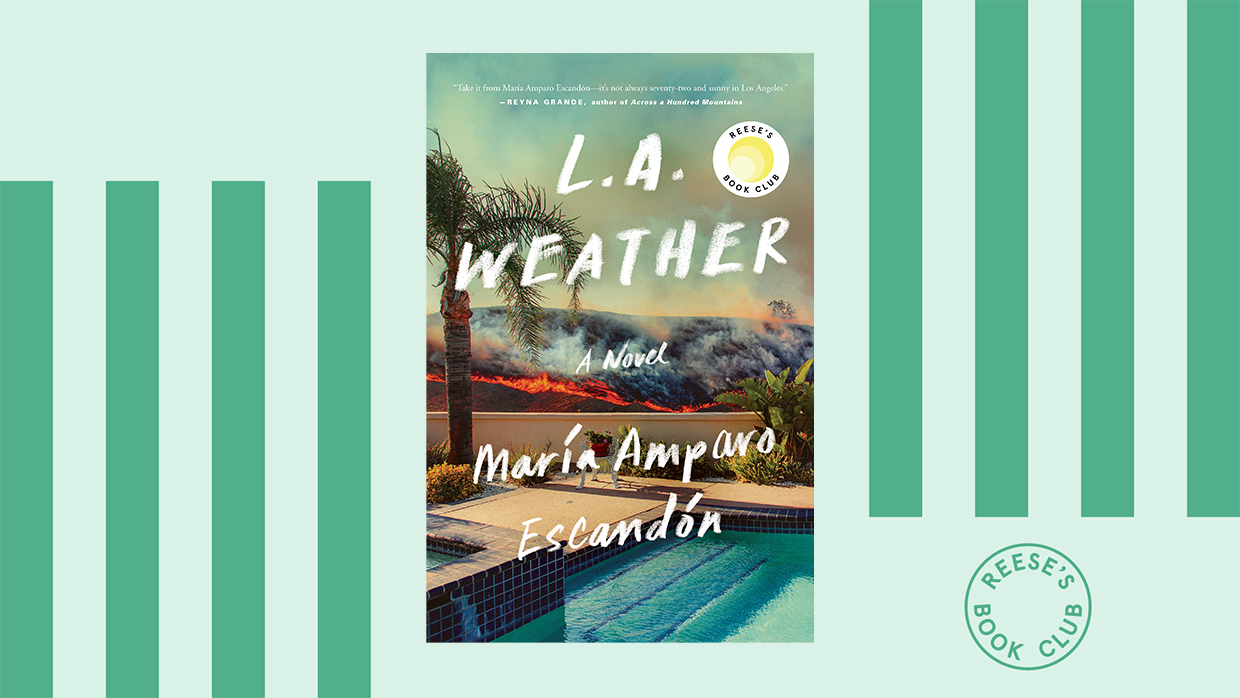In a scene from my debut novel Firekeeper’s Daughter, Daunis Fontaine and her best friend Lily are offered a plate of homemade cookies as they enter the community recreation center. It’s election day for the local Ojibwe tribe and campaign volunteers are attempting to curry last-minute favor with voters. But as soon the volunteers realize that Daunis and Lily aren’t enrolled tribal members, the plate is briskly withdrawn. It’s meant to be a light scene as Lily denies wanting any treats even as Daunis observes how they were both licking their lips, but it’s also one rooted in painful emotions. The exchange is a microaggression that actually cuts deep to Daunis’ identity conflict and feelings of not quite belonging.
Daunis is a biracial Native teen with a white mother and an Ojibwe father, and she often feels caught between worlds. Depending on who is in the room, Daunis is either “too Native” or “not Native enough.” To the wealthy white Fontaines, Daunis’ Ojibwe heritage is an obstacle to be overcome. And although she has close relationships with her Firekeeper family, Daunis also struggles to feel like she fully belongs. While she knows her cultural teachings and the Ojibwe language and although her late father was an enrolled tribal citizen, Daunis is unenrolled because he wasn’t named on her birth certificate (for reasons). She copes by code-switching, holding back parts of herself to meet the expectations of others, but as her story progresses, Daunis finds it increasingly more difficult to keep her Fontaine and Firekeeper worlds separate.
It isn’t until Daunis melds her compartmentalized identity that she realizes her “superpower.”
Out of a desire to protect her tribal community, Daunis agrees to become a confidential informant for an undercover meth investigation. She initially struggles with her undercover role and having to live a lie. It isn’t until Daunis melds her compartmentalized identity that she realizes her “superpower.” Her Fontaine and Firekeeper worlds, her self-described science geekery, her knowledge of Ojibwe traditional medicines and cultural teachings, even her four years of playing hockey on the boys’ varsity team in high school . . . they all make her the ideal person to track down the threat devastating her beloved community. Daunis’ reclamation of her identity is a turning point in her journey toward becoming a strong, resilient Nish kwe (Ojibwe woman).
Daunis’ struggles to find her place in her tribal community were inspired by my own experiences growing up. As a teen, I questioned whether my identity was less valid because I had lighter skin and didn’t live on the reservation. My conflict was amplified by the fact that Native identity was and is an incredibly complex and often politicized issue. For example, enrolled citizens of federally recognized Indian tribes are eligible to receive health care – including COVID-19 vaccines – at Indian Health Service (IHS) funded clinics. Enrollment affects eligibility for tribal housing programs and education opportunities, and even the legal right to possess eagle feathers or to sell items marketed as Indian art and craft products are restricted to eligible Natives. And, as depicted in my novel, only enrolled citizens can receive “per cap” money, per capita (profit sharing) benefits from casino gaming revenues or other business ventures.
Native identity is more than just possessing a laminated membership card.
However, what I wanted to show with Daunis’ journey to knowing and loving herself, is that Native identity is more than just possessing a laminated membership card. It’s also about connections to land, language, culture, and family, and in preserving our tribal values. In learning to embrace who she is and in fighting to protect her community, Daunis gains the power to define who she is, outside of any government. Ultimately, she recognizes that, even before her first breath and after her last, she is Ojibwe.



